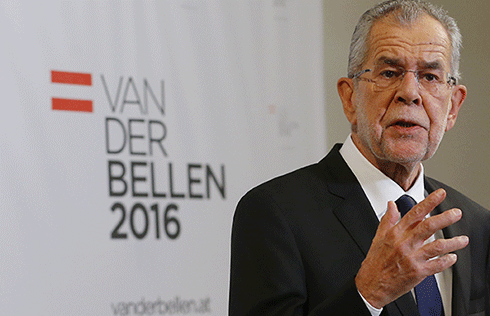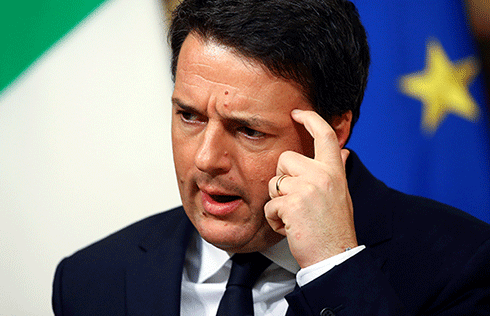Pyongyang to allow wider mobile use
The Democratic People's Republic of Korea will soon allow foreigners to surf the Internet from their cellphones, iPads and other mobile devices.
Koryolink, the mobile Internet service provider, a joint venture between Korea Post & Telecommunications Corporation and Egypt's Orascom Telecom Media and Technology Holding SAE, informed foreign residents in Pyongyang on Friday that it will launch a third generation, or 3G, mobile Internet service no later than March 1.
 |
|
Foreigners speak with a sales person at a Koryolink cellphone rental stand, asking about mobile phone services at Pyongyang Airport in Pyongyang on Jan 22, 2013. [Photo/Agencies] |
The announcement comes just weeks after the DPRK began allowing foreigners to bring their own cellphones into the country to use with Koryolink SIM cards, reversing a longstanding rule requiring most visitors to relinquish their phones at customs.
The two changes in policy mean foreigners in the DPRK will have unprecedented connectivity while living, working or traveling there.
However, wireless Internet will not yet be offered to DPRK citizens, who are governed by a separate set of telecommunication rules from foreigners. DPRK citizens will be allowed to access certain 3G services, including SMS and MMS messaging, video calls and subscriptions to the Rodong Sinmun newspaper — but not the global Internet.
During a visit to Pyongyang early last month, Google Executive Chairman Eric Schmidt noted that it would be "very easy" for Pyongyang to offer Internet on Koryolink's fast-expanding 3G cellphone network.
Soon after Schmidt's visit, Google unveiled maps of the DPRK with more details based on contributions from foreigners using satellite images and publicly available information to map the country. Before, the country was left mostly blank in Google Maps but with the update, Pyongyang and major DPRK cities are shown with street names, parks, roads, train stops and monuments.
Cellphone use has multiplied in the DPRK since Orascom built a 3G network more than four years ago. More than a million people are now using mobile phones there, and the network covers most major cities, according to Orascom.
The most basic model of Chinese-made Huawei cellphones sold by Koryolink cost about $150, and mobile phones have become a must-have accessory in Pyongyang and in cities such as Kaesong and Wonsan.
Foreigners, meanwhile, can now purchase SIM cards at the airport or at Koryolink shops for 50 euros ($70). Calls abroad range from 0.38 euros a minute to Switzerland and France and more than 5 euros a minute to the United States.
Starting next week, foreigners will be allowed to purchase monthly mobile Internet data plans for use with a USB modem or on mobile devices using their SIM cards. Prices for the service have yet to be announced.
The expansion of cellphone and Internet services comes as Pyongyang promotes the development of science and technology.
Late leader Kim Jong-il was revealed to have been a Mac user. His Macbook Pro, or a replica, is enshrined at the Kumsusan mausoleum where his body lies in state.
Current leader Kim Jong-un, meanwhile, was shown in a recent photo with a more mobile computing accessory - a smartphone.

























